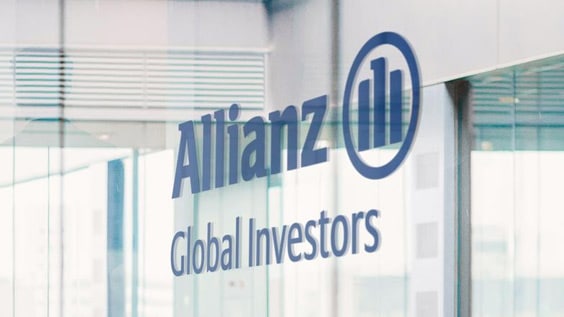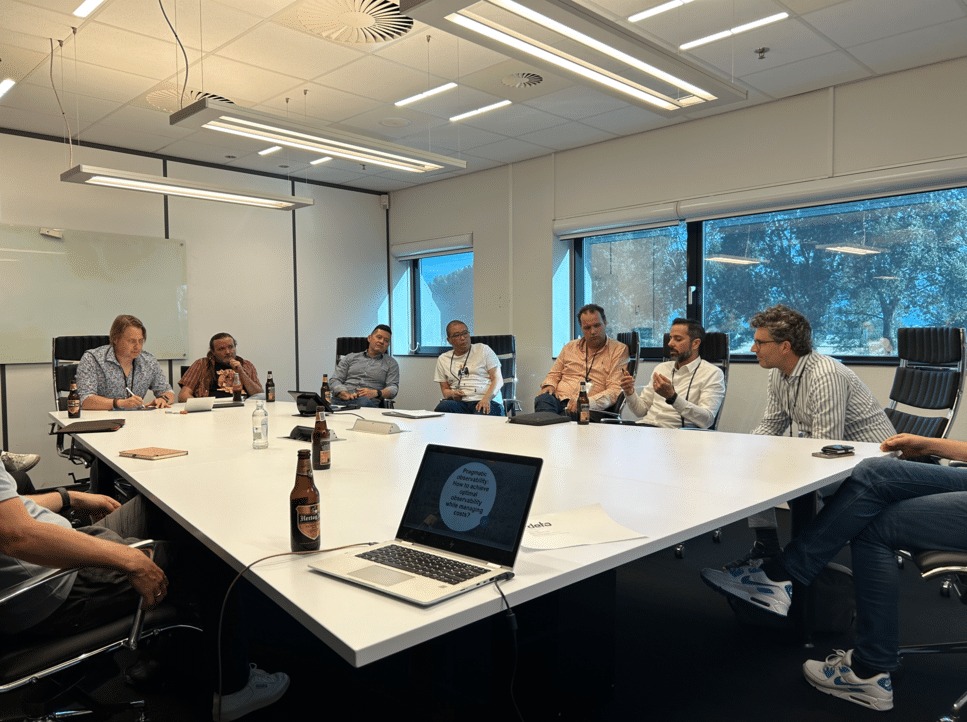In our most recent Salesforce Q&A interview, we caught up with 14x certified Salesforce veteran, Amnon Kruvi. He’s a Salesforce MVP and Director of Kruvi Solutions, a business that writes scheduling software for the Salesforce platform.
Amnon talks to us about the changes he has seen throughout his time in the industry, the current trends he is seeing in the market and gives his top 5 pointers to those looking to advance their Salesforce career.
Third Republic (TR): Let’s start from the beginning, how did your career in Salesforce begin and how did you get to where you are now, as a Salesforce MVP?
Amnon Kruvi (AK): After getting married, I searched for a temporary, remote role while sorting out my move to the UK. I eventually found a position developing a mobile app which happened to have had a Salesforce backend – and the rest is history…
Five years later, when I left my so-called ‘temporary’ job, I was struggling to find anything else in the field. It was at this point that I discovered certifications, the community, and decided to take part.
As part of the community I wrote various articles, conducted a few sessions for the London developer group, answered some questions on the website – and then one
day I returned from a holiday to find out I’ve been selected as MVP for the year!
TR: During your time working within the Salesforce ecosystem, what changes have you witnessed?
AK: The Salesforce we have today bears little resemblance to what I first worked with. Anecdotally, the first time I saw Salesforce was in 2009, when I refused to take on a project with a system that looked so outdated. More recently, I found the first dev org that I had, still using the pre-classic yellow and grey design, and I can fully understand my decision back then.These days we have Lightning, we have LWC (which is an absolute pleasure to work with), and we have an extremely tight-knit community that genuinely helps each other succeed. There is documentation and training resources, and you don’t have to piece things together by browsing through various internet archives.
TR: As an MVP, what are your top 5 pointers for someone who is looking to develop their Salesforce career and make their way to the top?
AK: Most importantly: build a network. This world is smaller than you think, and today’s competitors are tomorrow’s colleagues (or even interviewers). Knowing them increases your chances of hearing of availabilities and positioning yourself to fill them.Certifications matter in this industry. My biggest mistake was seeing certifications as a burden that I “had to do”, rather than an opportunity to improve my knowledge and design better solutions. Yes it’s scary, yes it costs money, but it’s 100% worth it.
Reflect what is given to you. Did you prepare for your certification with blogs? Write an article yourself. Did you study with Trailhead? Help people who have a hard time completing challenges. Took a class? Teach others once you’re comfortable with the material.
Appreciate the people who help you. Many of the bloggers who got me through my certifications are now genuine friends – all it took was going up to them and expressing my thanks.
Always be positive. Yes, bad things happen – but it’s how we deal with them that counts. Two years ago, I was laughed out an interview for not being able to recite the order of operations from memory. I was angry and depressed, but it was this negativity that fuelled the journey into where I am today.
TR: How can those looking to further their Salesforce career stand out from the crowd?
Bring other skills you may have to the table when dealing with Salesforce…
Do you sing, play an instrument, or dance? Use these skills to create something memorable. Do you play sports? Organise a community game. Are you an experienced dungeon master? Salesforce D&D!
TR: Do you think Salesforce certifications are a good way to continue career development?
Certifications are half of the equation, alongside experience. Both are required to progress, and both must match each other’s level. It’s hard to trust a certified administrator who’s never laid eyes on the system, but it’s hard to prove you have relevant experience when you don’t have a certification.
Both certifications and experience will feed your success!
TR: In your opinion, how important is the Salesforce community to career advancement?
It makes the world of difference. You will be interviewed by, work alongside, and hired by other members of the community. If your peers already know you through chatting over pizza and drinks at community group meetups, their initial opinion of you will default to positive.TR: What emerging trends are you currently seeing in the market?
This is purely an estimate, but I think off-platform development and integration is going to play a more major role as customer requirements grow ever more complicated.
The recent acquisitions of MuleSoft and Tableau, as well as updates in the field of pub/sub utilities (such as platform events and change data capture), are signs that there will be some degree of separation between platform and logic in the coming years.
TR: Which of these trends are you excited about implementing?
The result of off-platform development would be the elimination of many of the limits we face today when building for the cloud. If done right, the development community would stand to benefit greatly and be able to build increasingly more sophisticated applications. That’s certainly an exciting concept!TR: How do you think digital transformation has affected the Salesforce ecosystem?
Ten years ago, the idea of storing your data on the cloud would have been laughed out of almost any competent IT department. Today it’s almost impossible to fathom having to maintain all the systems required to run a secure and integrated system –services that Salesforce provides as part of its core offering.
It’s become more worthwhile (to most businesses) to put their information on the cloud, rather than invest in storing and protecting it locally.
TR: Do you have any other advice for those starting their Salesforce journey?
If you’ve succeeded without ever having failed, you haven’t succeeded at all. Embrace your failures, be proud of them, and use them as fuel for going forward!




